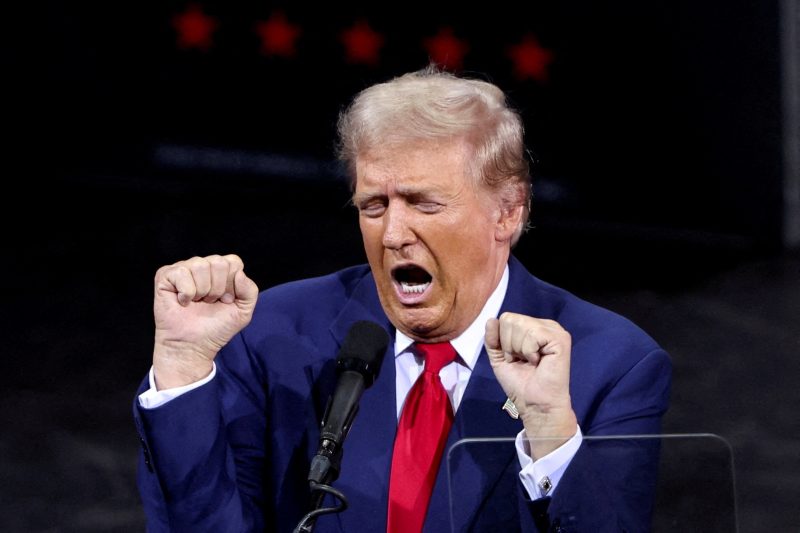In a recent proposal, former President Donald Trump suggested eliminating taxes on overtime pay, a move that has sparked a mix of reactions among economists. While some see this proposal as a positive step towards incentivizing employees to work longer hours and supporting workers’ financial well-being, others are skeptical about the potential impacts on the economy and income distribution.
Proponents of ending taxes on overtime pay argue that it would benefit low to middle-income workers the most, as they often rely on overtime hours to make ends meet. By exempting these earnings from taxation, employees would take home a larger portion of their hard-earned money, providing them with a financial boost and potentially reducing income inequality.
Additionally, supporters believe that removing taxes on overtime pay could encourage employees to work extra hours, leading to increased productivity and economic growth. This, in turn, could help businesses meet demands during busy periods without facing excessive labor costs, ultimately driving overall economic activity.
On the other hand, skeptics of Trump’s proposal raise concerns about the potential negative consequences it could have on the economy. They argue that eliminating taxes on overtime pay may distort labor market dynamics by encouraging employers to rely on overtime work rather than hiring additional employees. This could lead to job insecurity for many workers and limit opportunities for those seeking stable, full-time employment.
Furthermore, opponents of the proposal highlight the potential loss of tax revenue for the government, which could impact funding for vital public services and social programs. They also caution that exempting overtime pay from taxation may primarily benefit higher-income workers who are more likely to have access to overtime opportunities, widening the income gap between different socioeconomic groups.
In conclusion, the debate surrounding Trump’s proposal to end taxes on overtime pay reflects the complex interplay between labor policies, economic outcomes, and income distribution. While some view this idea as a positive step towards supporting workers and stimulating productivity, others caution against the potential consequences it may have on the economy and workforce dynamics. Ultimately, striking a balance between incentivizing overtime work and ensuring fair labor practices remains a key challenge for policymakers and economists alike.
